With, reportedly, more than 40 million Americans uninsured and health care costs spiraling out of control, it’s no wonder that health care reform tops the list of domestic issues among the 2008 presidential candidates.


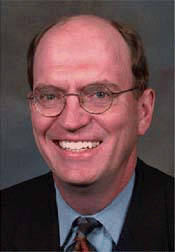
In one of the first sessions at the American Academy of Otolaryngology–Head and Neck Surgery annual meeting, otolaryngologists made it overwhelmingly clear that they believe they should be paid for being on call for emergencies and consultations.

Sleep-disordered breathing (SDB) is a major problem in children because it is associated with behavioral, cognitive, and emotional morbidity.
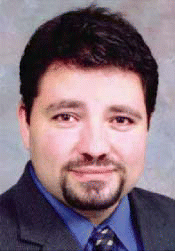
Dysphagia is the dominant cause of morbidity and mortality in patients treated by otolaryngologists, and in fact, more people die from aspiration pneumonia following stroke than from all head and neck cancers combined.

Does the time between aspiration and retrieval of an airway foreign body affected the pediatric patient’s outcome?

There are few data to support primary surgical reduction of the inferior turbinates in the pediatric patient.
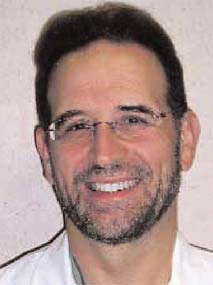
When a pediatric patient presents with a diagnosis of chronic sinusitis and rhinitis, my modus operandi is to assess the patient, review the history, and provide medical treatment as indicated.
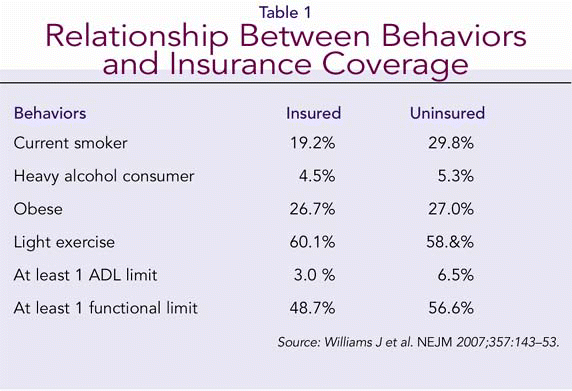
Like other physicians, Gady Har-El, MD, Chairman of the Department of Otolaryngology-Head and Neck Surgery at Lenox Hill Hospital in New York and president of the American Broncho-Esophagological Association, takes on uninsured patients who have waited too long to see a doctor.
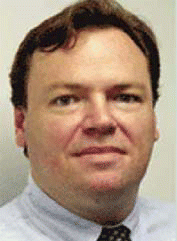
Academic medical centers within the United States bear the primary responsibility for promulgating and performing life sciences research.
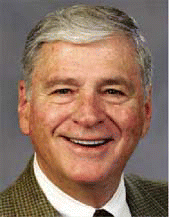
Generosity was the main topic of the American Academy of Otolaryngology-Head and Neck Surgery’s 2007 John Conley Lecture on Medical Ethics by Rev. William G. Enright, PhD, Executive Director of the Lake Family Institute on Faith and Giving at the Center on Philanthropy, Indiana University, at the opening ceremony of this year’s annual meeting.